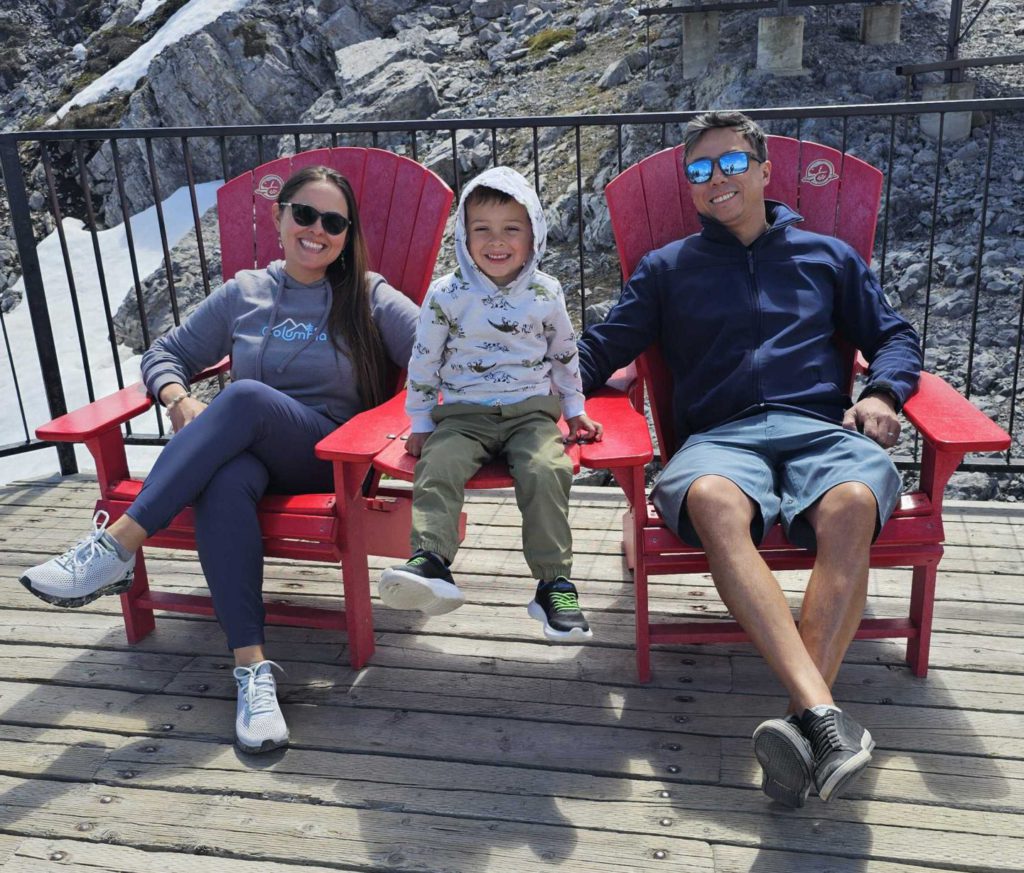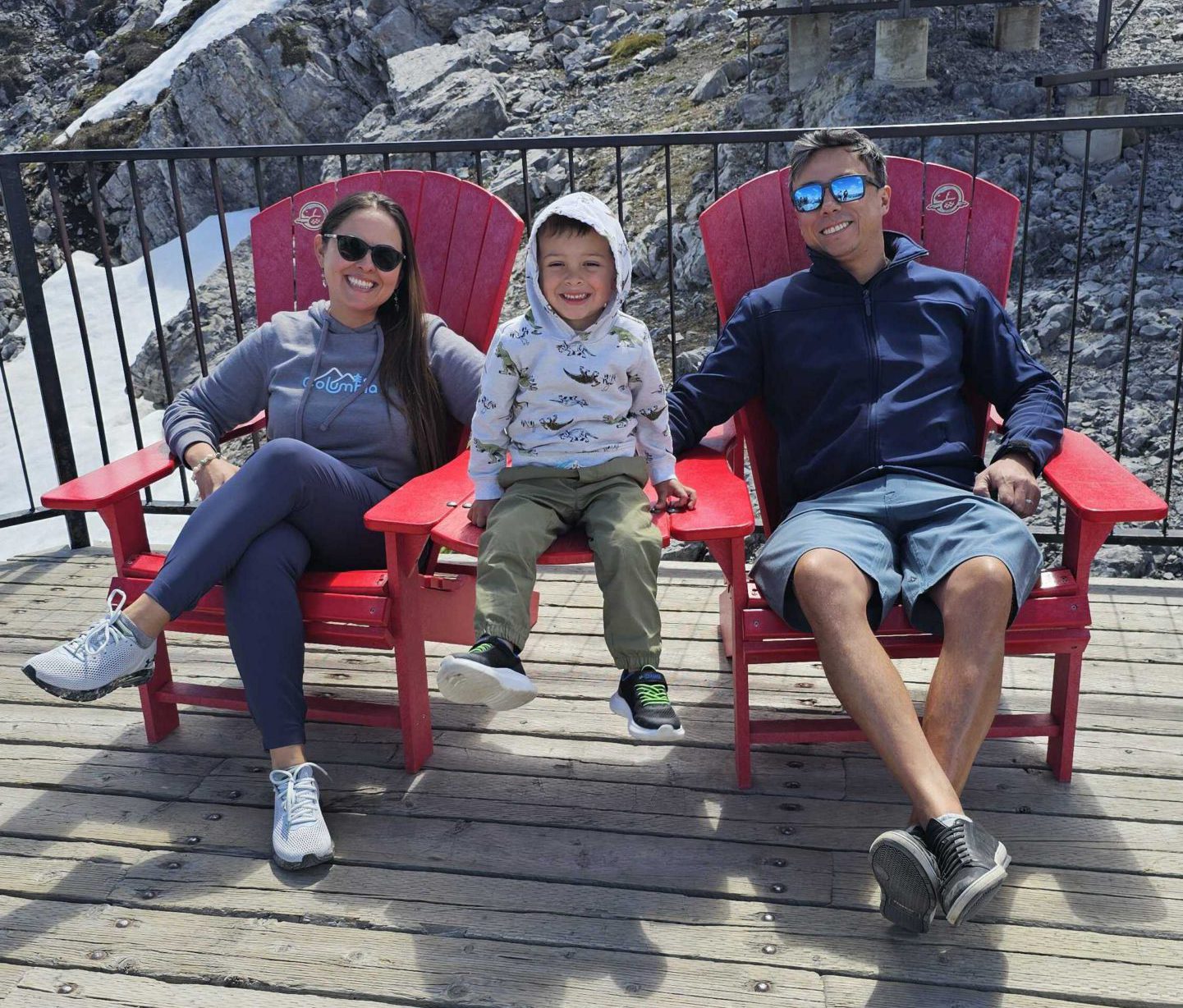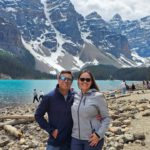The Art of Balancing Goals and Personal Life

When Joaquín was born, I decided to start certain habits that I could repeat annually to observe his progress over a longer period of time. One of those habits was writing an annual blog for his birthday, where I share my experience as an entrepreneur and father. This practice has been incredibly valuable for me, as it forces me each year to reflect on my life—personally, professionally, and in my role as a parent. The latter, being the newest in my life, is a role for which I had no prior preparation and where every action or inaction has enormous, long-term consequences. With this blog, the series now reaches three entries, and here are the links to the previous ones:
- Joaquín’s First Year: The Best Gift Entrepreneurship Has Given Me
- Joaquín’s Second Year: Dividends Are Not Always Monetary
Joaquín is now three years old and is no longer a baby; he is a little boy who observes and imitates everything we do, absorbing the good, the bad, and the ugly. The stage of simply pausing work to spend time with him is long gone. Now, I find myself deeply reflecting on how I want to manage my life in relation to my work and my role as a father. Achieving this balance is no easy task, and I’ve had to think deeply to make decisions aligned with my personal and family goals.
I’ve witnessed how Joaquín has thrived, spending 99% of his time with my wife, Johanna Merchán (co-founder and CFO of Press Start Evolution), and me. However, I’ve also noticed the toll this lifestyle has taken on my health, particularly my mental health. Between managing Press Start, spending quality time with my wife and son, and finding time for myself, I’ve faced an almost impossible schedule. This pressure led to heightened anxiety. Fortunately, I managed to find balance and establish healthier routines, though it remains a daily process that requires constant attention to avoid setbacks.
This experience has made me question my personal goals and decisions. I realized I can’t do everything, and I had to consciously decide what kind of father I want to be. While this might seem obvious, it’s easy to let time pass and merely react to life. Making this decision rationally and intentionally is helping me be better for my family and myself, as I define personal and professional goals that I aim to achieve, knowing that the time I have to accomplish them is finite.
Despite the challenges, this process is not negative. On the contrary, it has ignited a sense of urgency in me toward life, pushing me to make progress every day. I’ve learned to be more productive with my time, seeing significant progress week by week.
Regarding my relationship with Joaquín, I am clear that I want to be as present as possible and, as he grows, as much as he allows me to be. This requires sacrifices and careful life planning to balance my personal and professional goals with my time with him. For example, there was a period when I had to wake up at 3 a.m. for several weeks to complete a project. The greatest challenge is learning when to say no, when to stop projects, and when to give 150% to what truly matters. This exercise has helped me focus and avoid distractions, something Johanna often reminds me of when I start to drift—thank you, Amorch!
I’ve come to understand that a life well-lived doesn’t exist without challenges and difficulties. The real art lies in choosing the challenges we want to face instead of being led by external pressures such as family, societal, or cultural expectations. This philosophy of freedom has been the cornerstone of my life, as I mentioned in my second blog. Just as I took on specific challenges by becoming an entrepreneur, I am now embracing the challenges of being a present father. And just as entrepreneurship has brought me great rewards, the benefits of fatherhood have been the most profound and lasting of my life.
Joaquín has become an incredible driving force for me. He inspires me to integrate my goals with his learning, like when he sees us exercising and says, “I’m going to exercise too,” imitating our movements. Children don’t do what we tell them; they do what they see us do.
This past year, between Joaquín’s second and third birthdays, I’ve learned so much from him and about how our decisions and societal influences shape us over time. Watching him, I can see when something has impacted him positively or negatively. I’ve also noticed how his innate curiosity drives him to explore everything he sees, though his interests are beginning to take shape. One of the most valuable lessons I try to emulate is his ability to quickly move from deep sadness to absolute joy—something I strive to replicate at 41 years old.
As I watch him grow, I’ve observed how, with minimal preconceptions, he can develop habits in just 2 or 3 days. However, as he starts forming preferences and creating habits influenced by experiences or suggestions he hears, he also begins to develop small biases. These, compounded over years, are what turn into the prejudices, self-imposed limitations, or unhealthy habits we face as adults. This awareness has led Johanna and me to be very intentional about the habits we instill in him, knowing they will form the foundation for a strong, confident, kind, and loving personality. Ultimately, we aim to equip him with the tools he needs for a successful life in every sense.
One of the most fulfilling and joyful experiences is seeing his progress in activities that require effort, like riding a bike without training wheels, ditching diapers, completing puzzles, or watering plants. It’s beautiful to see his face light up with each small achievement, allowing me to relive those moments through him. This positive reinforcement helps me overcome the tough moments, and I know that as he grows, there will be many of both—difficult times where our support will be crucial, and moments of triumph where we can simply sit back and enjoy his joy.
At this stage of my life, I’ve started to define more deeply and clearly what success means to me. As I move forward in this journey, I am aligning my decisions, time, and habits with those definitions. One of them is that part of my success as a father will be measured by how much Joaquín wants to share with me when he becomes a teenager or adult. While I don’t tie my happiness to this, I want to build a strong relationship that, even as our time together decreases over the years, grows stronger with each shared experience. My hope and goal are that, no matter how limited our time may be, it will always be of the highest quality.
At three years old, I’ve seen how our relationship—Johanna’s and mine—with Joaquín has strengthened. It’s filled with small family rituals and a sense of teamwork that he has deeply internalized. It’s wonderful to hear him express gratitude for the things we do for him or when he tells us he wants to help clean, cook, or wash. One of the most special moments is when he says, “We’re a great team.” It reminds me that being a present parent often means slowing everything down to let him participate, learn, and feel like an active part of our family.
One of the concepts I’ve reflected on for years is freedom. In my second blog, I defined it, and now I add a complementary perspective: “Freedom or luxury isn’t having a nanny to give you time; it’s having the flexibility to decide whether to be with your child or rely on a nanny when needed.” This doesn’t mean you must always be with your child but rather that you can choose what’s best in each moment. I feel incredibly fortunate to have built a life that allows me this flexibility. Understanding that true wealth lies in the time we have to do what we want is one of the greatest lessons I’ve internalized during this stage.
Everything I’ve shared about my observations of Joaquín has been possible because I’ve been present for 99% of his life. While there have been challenging moments, I know these memories will be among the most cherished of my life. In 10, 20, or 30 years, I will look back with satisfaction and happiness for having lived them. My goal now is to keep improving how I structure my time each day, balancing my personal and professional goals with my responsibilities and time with Joaquín. Most importantly, I want to enjoy the process—the challenges, the achievements, and every single moment of watching him grow and shape his world.
I close this blog by recalling the title of the second in this series: “Dividends Are Not Always Monetary”. Since I founded Press Start 14 years ago, this has been the most valuable lesson I’ve learned. In the end, what truly defines a company’s success isn’t a spreadsheet filled with percentages or figures—it’s the people who bring it to life. It’s in the shared moments, the values we build together, and the impact we leave on those around us that the true meaning of our work is found. It’s in those human connections where we find the essence of what we do.



